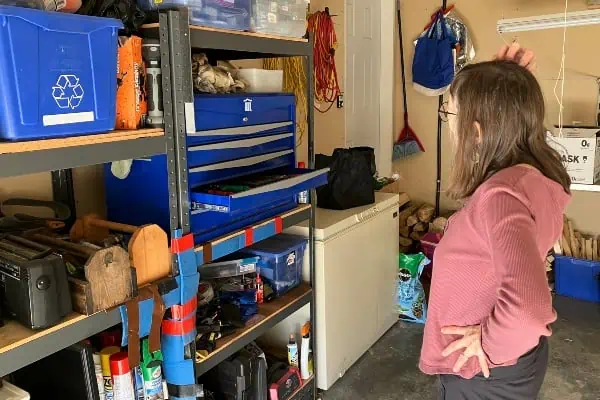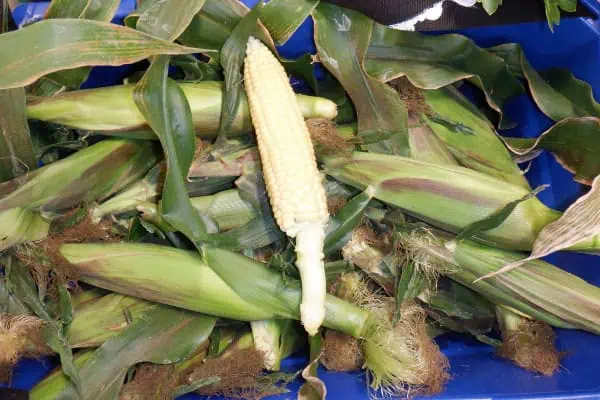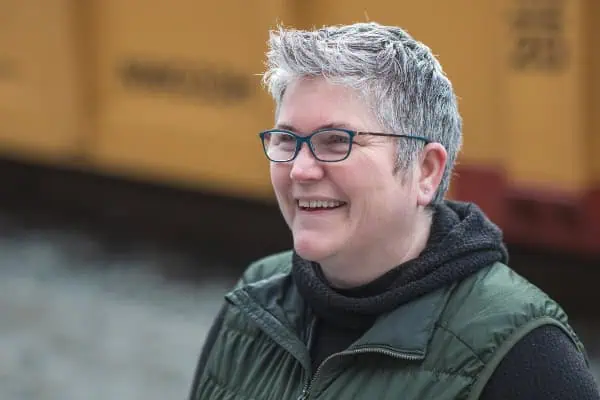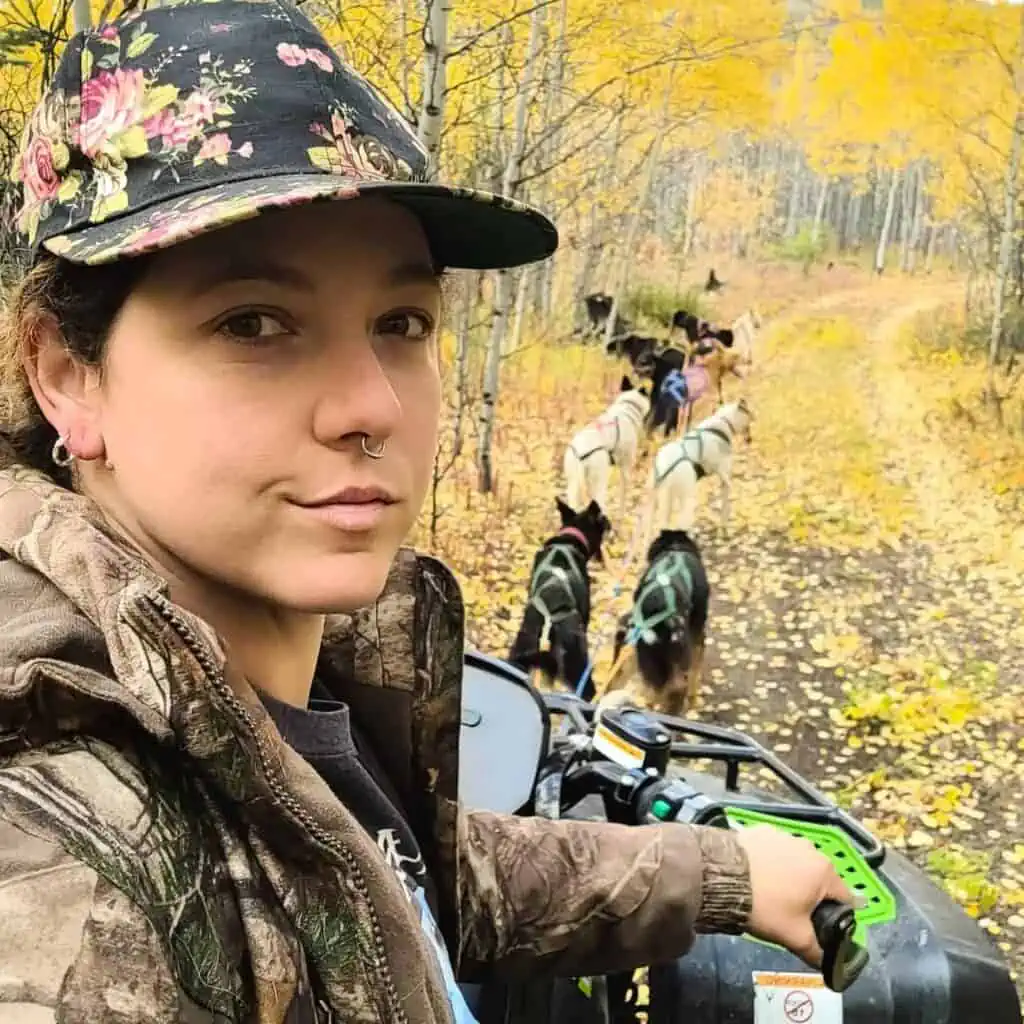
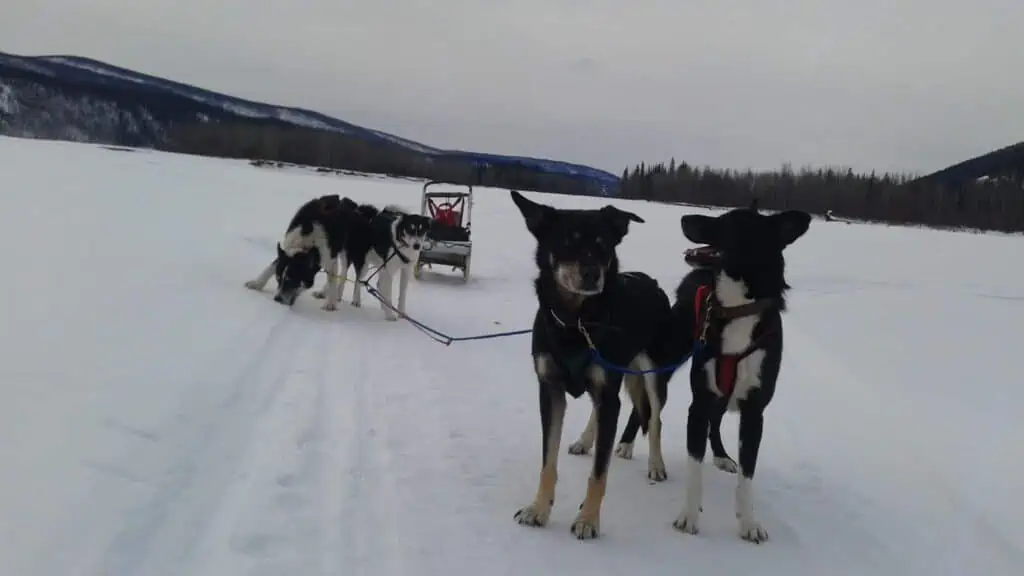
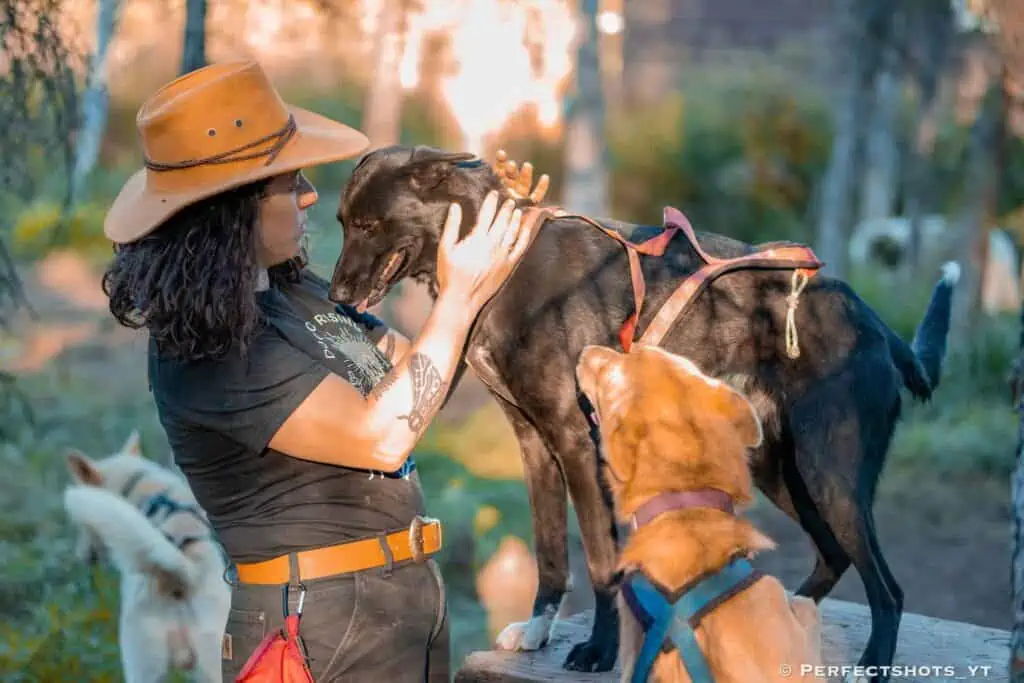
PART 2
I heard your goal is the Yukon Quest 250. Can you describe a bit more about this race and why you chose to set your sights on this goal? And what are your next steps to achieve entry and participate in the race?
The Yukon Quest was previously 1,000 miles and is now split into two lengths, one on the American side of the border and the other on the Canadian side.
I would like to run the Iditarod before I turn forty, and I am thirty-four right now. In order to enter the Iditarod, you have to run qualifying races to get in. You need a certain number of miles and only certain races qualify for the Iditarod. The Yukon Quest is one of them.
The Yukon Quest, on the Canadian side, has three separate lengths: the 450, the 250 and the 100. They all start on the same day, February 11, and the teams run on the same trail, but the teams are spaced out at the start line in Shipyards Park in Whitehorse. In the race, there are checkpoints and people keeping an eye out.
The 250 ends in Pelly, so we hope to finish with wagging tails there. This will be the longest race that I will have run, up to this point, and my goal is to finish happy and healthy.
We’ve already entered into the Yukon Quest 250, and our kennel, Dog Song Rising, [has a] bio up on the website. We still need to get drop bags ready and make sure all the snacks are cut up. We need dog booties, food and racing supplies. Our vet check is already done and the dogs have all been vaccinated. We’ve paid our dues and now we are finishing our training and getting our supplies together.
I’m really excited about the race and would be lying if I said I wasn’t nervous. Training my yearling team and knowing that I have trained all the dogs on my team helps instill confidence. We will take it one mile at a time. We have already been in some harrowing experiences while training out in the bush, and we are still here. No matter what happens, we will figure it out one step at a time. Number-one rule is never let go. We will do the best we can and that’s all we can do. We aren’t racing to win; we are going for the experience. Hopefully these yearlings will be the backbone of my future Iditarod team. I am nervous, but I’ve got them and they’ve got me.
My main team is ten dogs. One of my dogs didn’t make the team—Sjoa. She has gone to do tours, to soak up all the attention and run a little slower. I swapped her with a dog from Paul Hamlyn, for one of his younger dogs, Guss. We will be running ten dogs if they all make the cut. We can run with less but will try to get ten dogs on the start line.
For my own body, I don’t have to do anything other than to stay healthy, take my vitamins and try to avoid injury. I am passionate about health and diet and am not afraid of the foods that keep me safe out there. Keeping weight on my body keeps me warm. Fat is fuel. Dogs run on protein and fat. Let’s just say I’m not turning down bacon and coffee at this point! I don’t go to the gym; my life takes care of that. Some people try to lose weight. I’m the opposite. I like to keep a little extra in the tank. I’ll need it. I’ve been focussing on getting good food into my body.
Race, run, rest. This is the process of the Yukon Quest 250. Run six hours and rest four to six hours. It will take a few days, for sure. I’ll be spending nights at the checkpoints and, at times, on the trail. I’ve got no expectations. I’m just going to watch the dogs and pay attention to myself and the weather. Dogs love running, but if you push young dogs too hard, they will think it’s not fun. You want them to want to do more and to have a fun experience with a positive mindset.
How much do you rely on your community and friends to help you with your racing goals, and how much of it is an independent endeavour? Is there anything you are looking for in terms of community support at this time? If so, how can we help?
Well, when I doubt myself, my friends come to my help over long, late-night phone conversations. My best friend is also a dog musher and she has been there for me through it all. My close friends and family are cheering me on and happy for me. They are seeing me thrive after I’ve been struggling for so long. I’ve gotten off the “survive train” and onto the “thrive train.” People say I inspire them and I do have sponsors for some of my dogs and team and am grateful for them.
But the training and running and being on the trail is a kind of independent thing. No one is going to do it for you. Friends are there for me mentally and physically, when they can be, but a lot of the physical part has been on me. If my dogs are barking at four in the morning, it’s up to me to get up and check out what’s going on. I try to enjoy my midnight post-work dog-yard chores, even when I am tired.
Mushing is an endlessly expensive endeavour. I tried having a t-shirt fundraiser, but it was difficult to get the word out there. I welcome donations, financial support, and meat snacks―and we are always in need of supplies for the race. Mushing and racing is largely self-supported. As an unknown musher, I am taking on more of the financial burden. It will get easier as we do more. Iditarod level is akin to the NHL, and that stuffs expensive!
People can also come cheer me on and follow me and share my posts on social media, this definitely helps. Gifting small donations or purchasing a T-shirt, or gifting extra gear that could help me on the race, is greatly appreciated. Every little bit helps!
Where do you see your mushing goals going after the Quest? Does this feel mapped out or destined to you, or is it one run at a time?
In some ways it seems like a faraway dream, but in other ways the only way to climb a mountain is one step at a time. We will keep aiming for the Iditarod, but it’s important to not sacrifice the adventure for the goal—and to try and enjoy it along the way. If things change, they change.
It’s like one run at a time, but all runs are under the sky. You are always chasing the sun on the horizon and once you get there, there is always another place to go. One will move to the next.
We are going to try to run the Iditarod, like we want to run the Yukon Quest 250, with healthy, happy dogs and who knows what after that. Even if we don’t run the Iditarod, I will always love this team. Having a goal like the Iditarod keeps me having sight and keeps me going.
What do you feel is important to share with others who want to start mushing or who can relate to your life path?
One thing about mushing is that it’s beautiful, romantic and can show you things you thought you would never see. You will gain confidence but it comes with blood, sweat and tears. Every dog that comes into your life will, at some point, exit your life. You have to be prepared for frozen hands and feet and letting go of dogs. And, it’s really expensive and you are going to sacrifice a lot. It is heartwarming and a tremendous amount of life. Life is messy, and dog mushing is like life. Make sure it is really what you want because your life will be irrevocably changed. There is a tremendous amount of life experience that comes with dogs.
My advice to people wanting to get in with mushing is to experience mushing with someone else, first, and then start with a few dogs to feel what that feels like.
Only the people who are insane enough and love it enough do it. It takes everything, for better or for worse. Like having a child, maybe you can’t be fully prepared for it, but you have to ask yourself if this is what you really want and are you 100 per cent in. Even if you are mushing with a musher and someone else’s dogs, you will get attached to those dogs.
For women in mushing, I believe it is a chance to gain self-sufficiency and confidence.
It can also be really healing and provide a sense of belonging. I talk about undiagnosed ADHD and being diagnosed later in life. The realization that I am not neurotypical left me perfect for mushing. Dogs get me. A lot of people with ADHD are finding a sense of belonging and thrive with making quick decisions and exercising hyperfocus. The dogs don’t judge you; they love and absorb that attention.
My two female-musher best friends are both on the spectrum, and they excel. There seems to be a correlation. Lots of mushers have ADHD and are on the spectrum, and they connect with dogs and are hyper-focussed. High-performance sports with animals are great for people who find it difficult to connect on a typical level with other people. It is an advantage in mushing. There is a spot, especially for women who aren’t diagnosed. They suffer depression, anxiety and self-confidence issues. But the dogs are like therapy to people on the spectrum, and they leave us feeling confident.
I want people who are on the spectrum to know you can do it. Just because you feel like you don’t fit in, don’t give up. Everybody has their place to fit. It is hard to be on the spectrum, but it is also an advantage and helps me excel with my dogs. We suffer enough and can start to accept improvements in our lives, no matter where we are at. I was at the bottom of the barrel, sleeping under the bridge in the rain, and just over a decade later, I am here reaching for something I would have never even dreamed of.
I make better and better decisions because of dog mushing. If you feel like you can’t reach out and get yourself the help you need, do it for your dogs. Sometimes that’s easier. They will love and adore you. They think you are great no matter what. They will always be in your corner, as long as you treat them well and treat them with love and respect.
Is there anything I may have missed that you would like to share with the WUY readers?
I feel like I am in a good place and hope that people who aren’t in a good place read this and know there is a better tomorrow.
Ten years ago, I was living on the street with undiagnosed ADHD and a severe head injury. I had long-term amnesia. My dogs helped me make better choices when I couldn’t make them for myself. Maybe this could help someone else, down the road, no matter how much people may judge me. It gives me something to believe in. It was really hard to make good decisions in the beginning.
What’s your medicine? What heals you? What waters your roots? What do you reach for and what inspires you to be the best version of yourself?
Mine started with Pollo, then Chi Chi and Lucho Libre. They were in the worst place, but given love and respect, they turned into the most-amazing, fearless dogs. They taught me a lot about myself. I wouldn’t judge my dogs like this—why do I judge myself like this?
We may backslide and have bad days but if we keep trying to make the best decisions, we will always end up in a better place. Get knocked down eight times, get up nine. That is dog mushing. You are going to get up and keep going because there is no choice out there. That is the great experiential lesson of mushing. You can’t disillusion yourself with it. Their lives depend on you, and your life depends on them. You don’t say “I can’t”; you say “I can.” If you aren’t that kind of person when you start mushing, you will become that person.
I know of a musher named Dee Dee Jonrowe whose house burned down in a house fire, and she saved her 64 dogs from the blaze. Then she had breast cancer and was the only survivor of a fatal car accident. In an interview with her, she says you can’t say “I can’t” … you have to go on. Between Dee Dee Jonrowe, Laura Allaway and Kathryn Couture, my best friend in Dawson City, these are three of the most-inspiring women mushers who have inspired me and who can inspire you, too. Kathryn is an author, mother and musher who lives in the bush and grows a lot of her own food. Dee Dee Jonrowe is a survivor who has run more Iditarods than any other woman has—and only one less than Jeff King, the record holder. And Laura is a real person who just keeps mushing and running and treating her dogs with love, and doing what it takes. She works as a waitress, to pay her way, and is a regular person (like you and me) who just works really hard. I saw her and thought at some point I can do it, and maybe someone will see me and will think they can do it. You’ve just got to ask yourself how bad you want it.
So inspiring and heartwarming, Jess. Thank you for being vulnerable and sharing your life and your love of dog mushing with us. All the best of luck for the Yukon Quest 250 and your Iditarod goal!
If you want to support Jess Sears, you can find her on social media, Instagram and Facebook under Dog Song Rising.

